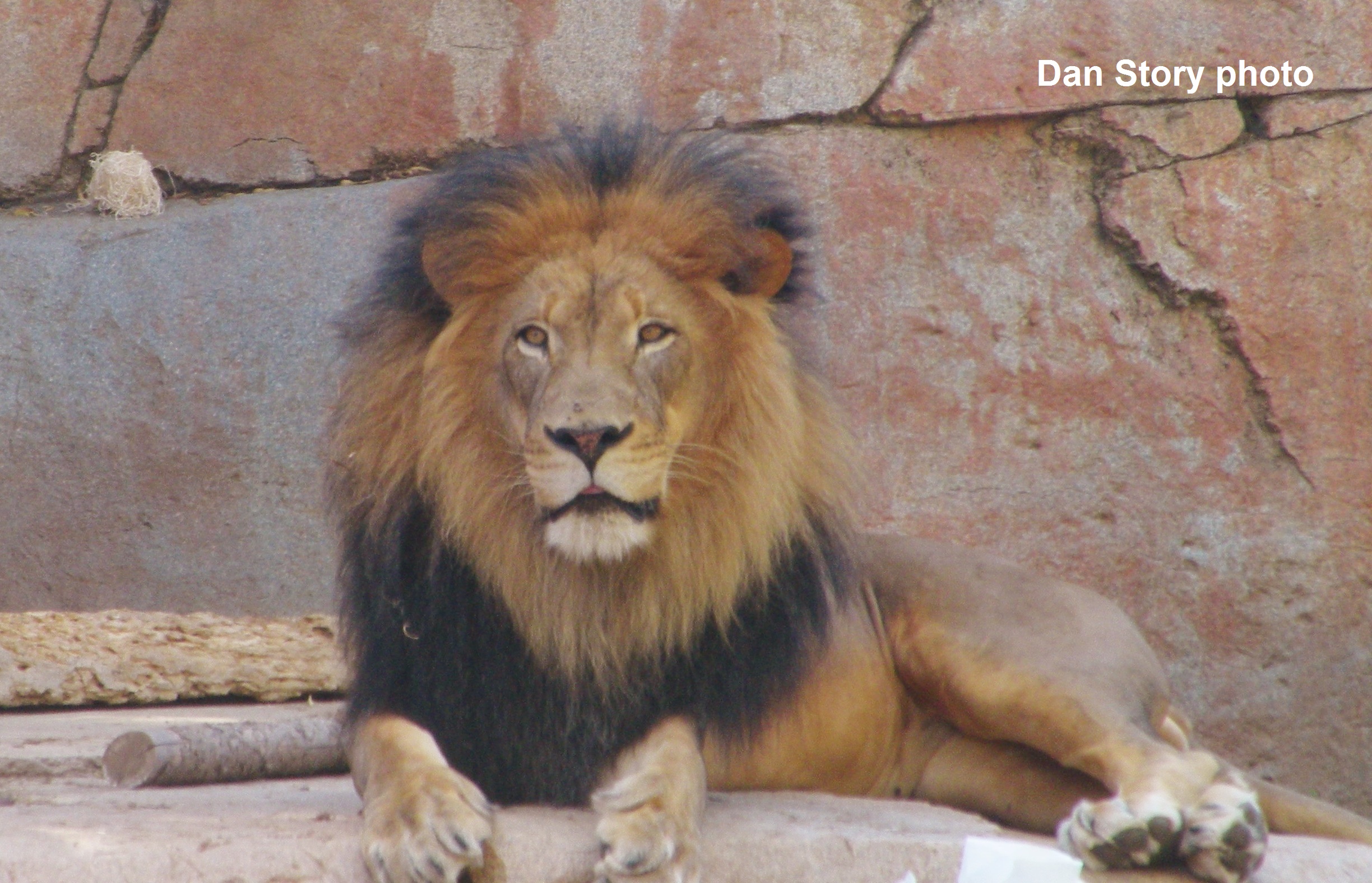 What Does C. S. Lewis Say about Animals in the Afterlife?
What Does C. S. Lewis Say about Animals in the Afterlife?
This brilliant and gifted scholar is arguably the most widely read and admired Christian apologists in the twentieth century. Apparently, Lewis shared the same concerns for the eternal destiny of pets as do many other people. But in his case, Lewis provided a somewhat different—but no less thought-provoking—answer to the issue. In his typical lucid style, Lewis suggested that pets, and perhaps “higher” animals, will experience resurrection and eternal life. (The Following quotes are taken from C. S. Lewis’ The Problem of Pain, chapter 9: “Animal Pain.”)
Lewis begins by correctly pointing out that any conclusion about the eternal fate of animals is necessarily speculative because God didn’t (or wouldn’t) give us that information: “If animals were, in fact, immortal, it is unlikely, from what we discern of God’s methods in the revelation, that he would have revealed this truth.”
Lewis limited his discussion on animal resurrection to the higher animals, in particular what he refers to as “tame” animals (e.g. pets). He wrote, “The real difficulty about supposing most animals to be immortal is that immortality has almost no meaning for a creature which is not ‘conscious’” and functions merely on “a succession of sensations.” In the case of higher animals, however, Lewis recognized that they possess “real, though doubtless rudimentary, self-hood . . . and specifically in those we tame . . . [thus] their destiny demands a somewhat deeper consideration.”
Lewis’ explanation for animal resurrection lies in their interconnectedness with people: “The beasts are to be understood only in their relation to man and, through man, to God.” Mankind, Lewis continues, “was appointed by God to have dominion over the beasts, and everything a man does to an animal is either a lawful exercise, or a sacrilegious abuse, of an authority by divine right.” Thus, “in so far as the tame animal has a real self or personality, it owes this almost entirety to its master. If a good sheepdog seems ‘almost human’ that is because a good shepherd has made it so.”
Here’s how this plays out in terms of animal resurrection. Lewis argued that just as people are “in” Christ, so tame animals “attain a real self . . . in their masters. . . . And in this way it seems to me possible that certain animals may have an immortality, not in themselves, but in the immortality of their masters.” Moreover, “If any [wild animals] . . . should live again, their immortality would also be related to man—not . . . to individual masters, but to humanity.”
In short, Lewis believed human resurrection would encompass “tame” animals because their eternal destiny is directly connected to the people who loved and cared for them. Although Lewis kept his focus primarily on the resurrection of domesticated animals, he allowed that wild animals might also resurrect to inhabit the redeemed New Earth. This is certainly in line with Scripture, which mentions both domesticated and wild animals in the prophesied Peaceable Kingdom (Isa.11:6-9; 65:25). ©
This blog article is adapted from my book, Will Dogs Chase Cats in Heaven?: People, Pets, and Wild Animals in the Afterlife. For a brief description of the book, go to the bottom of my home page and click on “Description.” To order, click on the home page cover photo and it will take you directly to my Amazon book page.